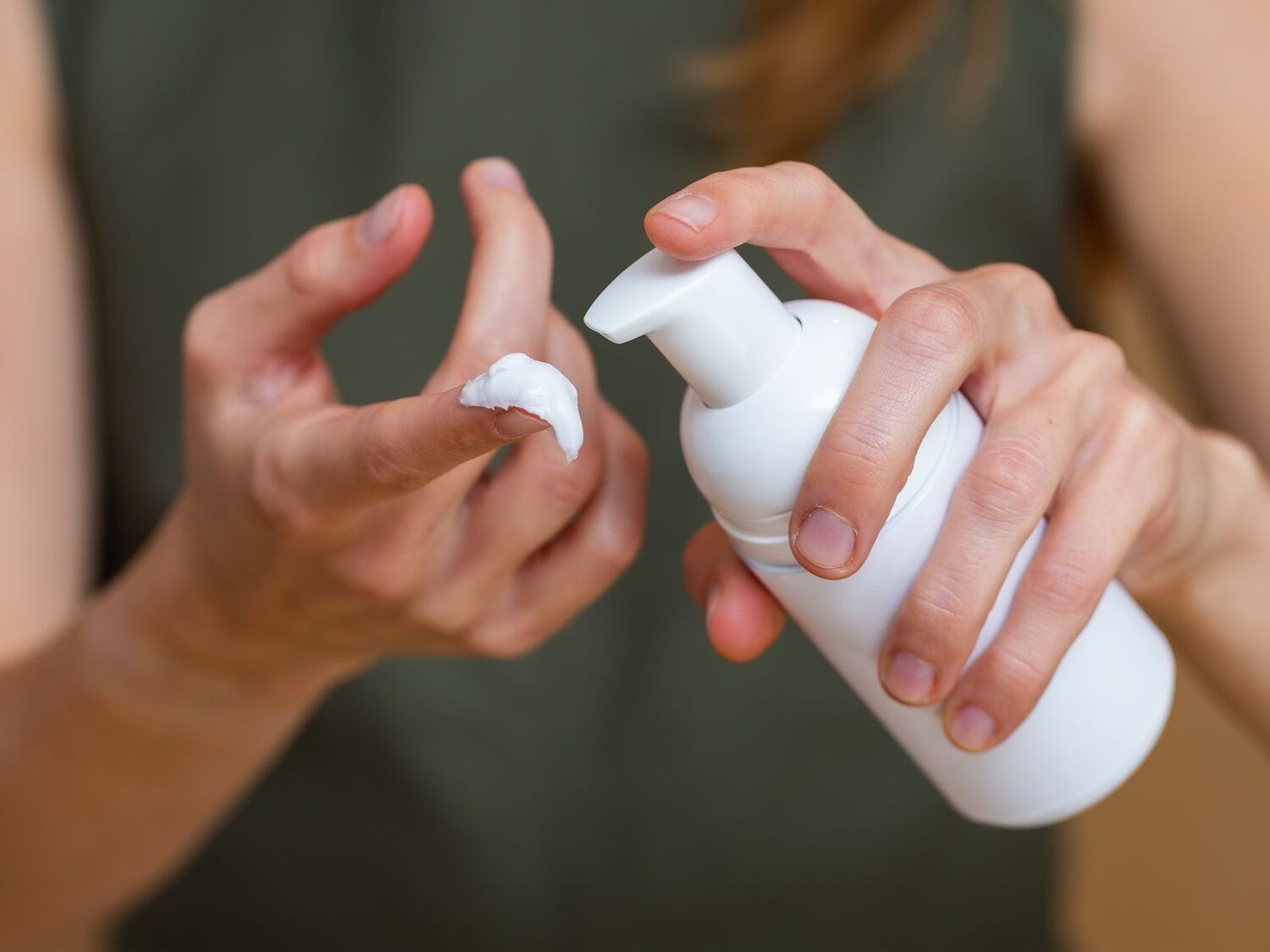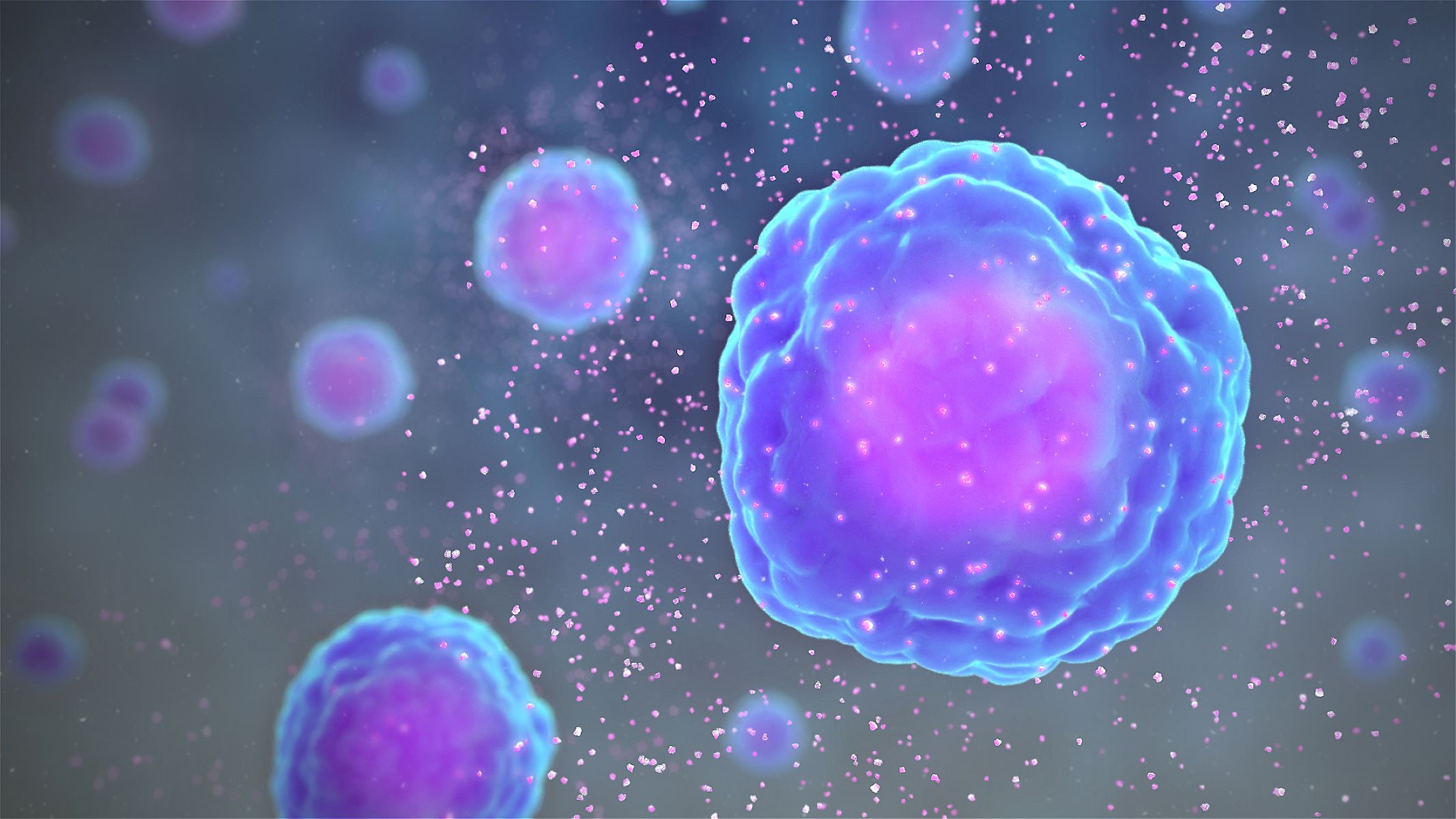
Glycerin, also known as glycerol, is a versatile substance found in many everyday products. But what exactly is it? Glycerin is a clear, odorless liquid derived from animal fats or vegetable oils. It’s widely used in cosmetics, food, and pharmaceuticals due to its moisturizing and sweetening properties. You might be surprised to learn that glycerin is also a key ingredient in soaps, lotions, and even some foods. Its ability to retain moisture makes it a favorite in skincare products. Additionally, glycerin is non-toxic and safe for consumption, making it a popular choice in the food industry. Curious about more uses and facts? Read on to uncover 36 fascinating details about this amazing compound!
Key Takeaways:
- Glycerin, a versatile compound, is used in skincare, food, pharmaceuticals, and even special effects. It's eco-friendly, has health benefits, and can be found in surprising products like e-cigarette liquids and bubble solutions.
- Glycerin is a sweet-tasting, non-toxic liquid with moisturizing properties. It's used in skincare to hydrate, protect, and improve the skin's barrier function. In food and beverages, it acts as a humectant, sweetener, and texture enhancer.
What is Glycerin?
Glycerin, also known as glycerol, is a simple polyol compound. It's a colorless, odorless, viscous liquid that is sweet-tasting and non-toxic. Glycerin is widely used in pharmaceutical formulations, cosmetics, and food products. Let's dive into some fascinating facts about this versatile substance.
-
Glycerin is a byproduct of soap making, specifically from the saponification process where fats or oils react with lye.
-
It was first discovered in 1779 by Swedish chemist Carl Wilhelm Scheele, who isolated it from olive oil.
-
Glycerin is hygroscopic, meaning it attracts moisture from the air, making it an excellent humectant in skincare products.
-
It has a high boiling point of 290°C (554°F), which makes it stable under high temperatures.
-
Glycerin is used as a sweetener in food products, especially in low-carb and sugar-free items.
Uses of Glycerin in Skincare
Glycerin is a popular ingredient in many skincare products due to its moisturizing properties. Here are some interesting facts about its uses in skincare.
-
Glycerin helps to hydrate the skin by drawing moisture from the air into the skin's outer layer.
-
It forms a protective layer on the skin, preventing moisture loss and keeping the skin soft and supple.
-
Glycerin can improve the skin's barrier function, helping to protect it from environmental damage.
-
It is often used in lotions, creams, and serums to enhance their moisturizing effects.
-
Glycerin is suitable for all skin types, including sensitive and acne-prone skin, due to its gentle nature.
Glycerin in Food and Beverages
Glycerin plays a significant role in the food and beverage industry. Its versatility makes it a valuable ingredient in various products.
-
It acts as a humectant in baked goods, keeping them moist and extending their shelf life.
-
Glycerin is used as a solvent for flavors and food colorings, ensuring even distribution throughout the product.
-
It can replace alcohol in non-alcoholic beverages, providing a similar mouthfeel without the intoxicating effects.
-
Glycerin is a common ingredient in energy bars and protein shakes, adding sweetness and improving texture.
-
It is used in the production of low-fat and sugar-free ice creams, giving them a creamy consistency.
Glycerin in Pharmaceuticals
Glycerin's non-toxic and versatile nature makes it a valuable component in many pharmaceutical products.
-
It is used as a solvent in cough syrups, ensuring the active ingredients are evenly distributed.
-
Glycerin acts as a lubricant in eye drops, providing relief from dryness and irritation.
-
It is an ingredient in suppositories, helping to deliver medication effectively.
-
Glycerin is used in the production of capsules and tablets, improving their stability and shelf life.
-
It can be found in topical medications, enhancing their moisturizing and protective properties.
Environmental Impact of Glycerin
Glycerin is considered environmentally friendly due to its biodegradability and low toxicity. Here are some facts about its environmental impact.
-
Glycerin is biodegradable, breaking down into harmless substances in the environment.
-
It is non-toxic to aquatic life, making it a safer alternative to some chemical compounds.
-
Glycerin can be produced from renewable sources, such as vegetable oils, reducing reliance on fossil fuels.
-
It is used in the production of biofuels, providing a sustainable energy source.
-
Glycerin can be used in wastewater treatment, helping to remove pollutants and improve water quality.
Fun Facts About Glycerin
Glycerin has some surprising and fun uses that you might not expect. Let's explore some of these interesting facts.
-
Glycerin is used in the production of e-cigarette liquids, providing a smooth and consistent vapor.
-
It is an ingredient in bubble solutions, helping to create long-lasting and sturdy bubbles.
-
Glycerin can be used to preserve flowers, keeping them fresh and vibrant for longer periods.
-
It is used in the production of theatrical fog and smoke, creating special effects for movies and stage performances.
-
Glycerin is an ingredient in some types of antifreeze, preventing the liquid from freezing in cold temperatures.
Health Benefits of Glycerin
Glycerin offers several health benefits, making it a valuable addition to various products. Here are some facts about its health benefits.
-
Glycerin can help to relieve constipation when used as a suppository, drawing water into the intestines and softening stools.
-
It can soothe sore throats when used in cough syrups, providing a coating that reduces irritation.
-
Glycerin can help to heal minor cuts and burns by keeping the affected area moist and preventing infection.
-
It is used in oral care products, such as toothpaste and mouthwash, to improve their texture and effectiveness.
-
Glycerin can help to reduce skin inflammation and irritation, making it a valuable ingredient in many skincare products.
-
It is used in wound care products, promoting healing and preventing scarring.
Glycerin's Many Uses
Glycerin's versatility makes it a staple in various industries. From skincare to food, this humble compound does wonders. It keeps skin hydrated, preserves food, and even helps in medical formulations. Its non-toxic nature ensures safety, making it a go-to ingredient for many products.
Understanding glycerin's benefits can help you make informed choices. Whether you're looking for better skincare products or healthier food options, knowing about glycerin can guide you. It's fascinating how one ingredient can have such a broad impact.
Next time you see glycerin on a label, you'll know it's there for a good reason. This knowledge empowers you to choose products that benefit you and your family. Glycerin isn't just a chemical; it's a helpful ally in everyday life. So, keep an eye out and appreciate its many contributions.
Frequently Asked Questions
Was this page helpful?
Our commitment to delivering trustworthy and engaging content is at the heart of what we do. Each fact on our site is contributed by real users like you, bringing a wealth of diverse insights and information. To ensure the highest standards of accuracy and reliability, our dedicated editors meticulously review each submission. This process guarantees that the facts we share are not only fascinating but also credible. Trust in our commitment to quality and authenticity as you explore and learn with us.


